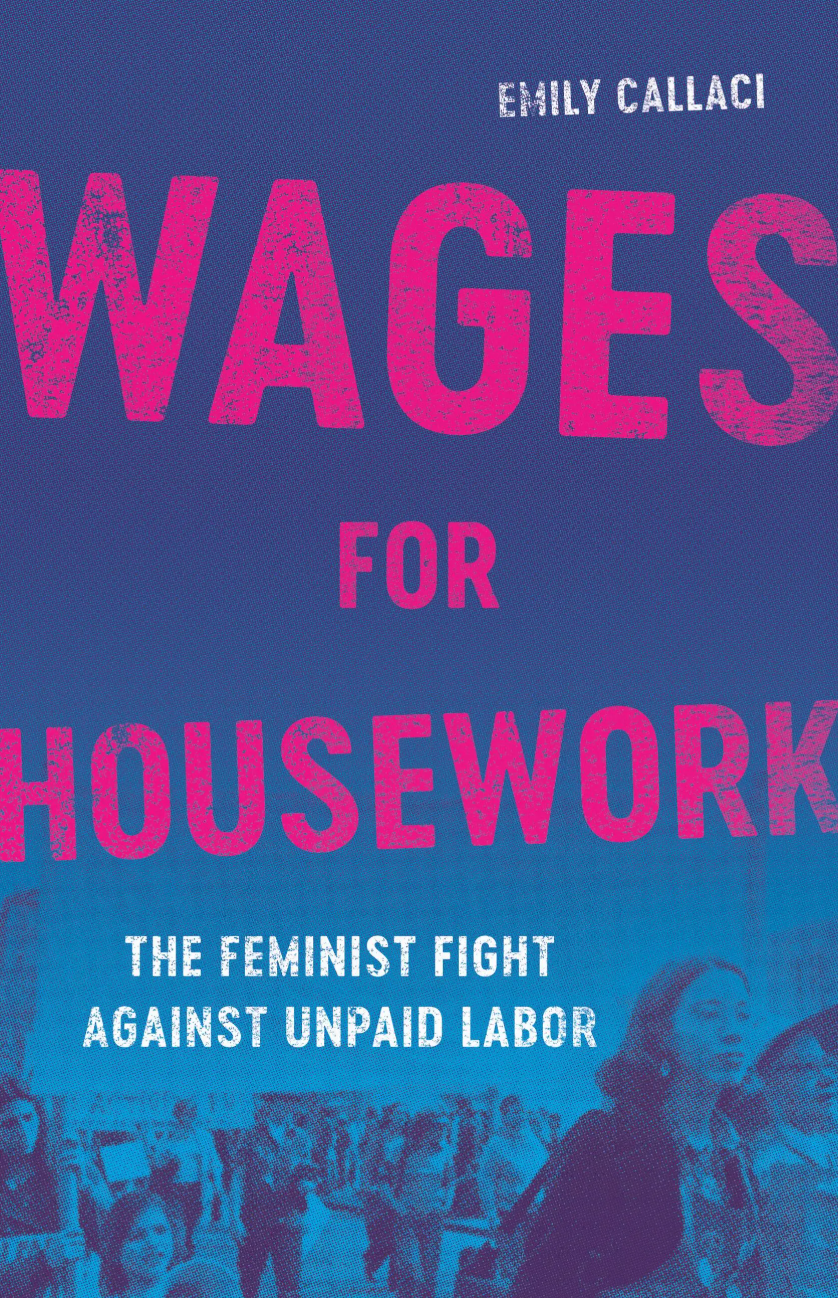Not even at the height of the Wages for Housework campaign was it mainstream, and, as can happen on the left, it suffered from a utopianism that kept it from achieving tangible victories, as the University of Wisconsin historian Emily Callaci shows in her new survey of the movement, Wages for Housework: The Feminist Fight Against Unpaid Labor. But the campaign’s ideas are worth another look. Wages for Housework was, in a sense, the opposite of $5,000 and a medal: Its activists dreamed of a society that would give women the economic freedom to do and be anything they wanted, not one that would narrowly incentivize motherhood. Callaci’s deeply researched book is a compelling guide to the world the movement wanted.
Callaci came to Wages for Housework through motherhood. After having children, she found that the dual demands of her professorship and her family life meant that she was doing some sort of task 18 hours a day. Caring for her sons was, she writes, “work that I knew I could never refuse,” but so was her job. Having grown up with the girl-power feminism of the 1990s and joined the workforce in the 2010s (the era of the girlboss), she’d absorbed the lesson that professional success “was the source of my liberation, autonomy, and sense of accomplishment.” Added to this tension was the day-care loop that many American parents of young children know well: Callaci and her husband “rely on paid childcare; to pay for childcare, we need to work; and this entire cycle relies on the fact that the extremely skilled women who care for our children are paid less money for their work than we are for ours.” This is unjust, Callaci argues, and also implicates parents in the devaluation of child care, which is their labor as well as that of their children’s nannies or day-care providers. She wanted another way.
In the contemporary United States, most families don’t have one. But in the writings and archives of the Wages for Housework activists Selma James, Silvia Federici, Mariarosa Dalla Costa, Wilmette Brown, and Margaret Prescod, Callaci found a pitch for a society in which care work isn’t unpaid or poorly paid—because, without it, everything else falls apart. Callaci explains that Wages for Housework began with a question prompted by the Italian philosophy of operaismo, or “workerism,” which wanted to change the workplace so that worker well-being was no longer a distant second to productivity. Dalla Costa, one of Wages for Housework’s co-founders, was a militant operaista, but she was also a feminist, and she wanted to understand how operaismo was relevant beyond job sites full of men. Callaci writes that Dalla Costa started by asking, “If factories were the places where exploitation happened, why didn’t women who stayed at home feel free?” From there, she “began to rethink the entire history of capitalism from the standpoint of the housewife.”
